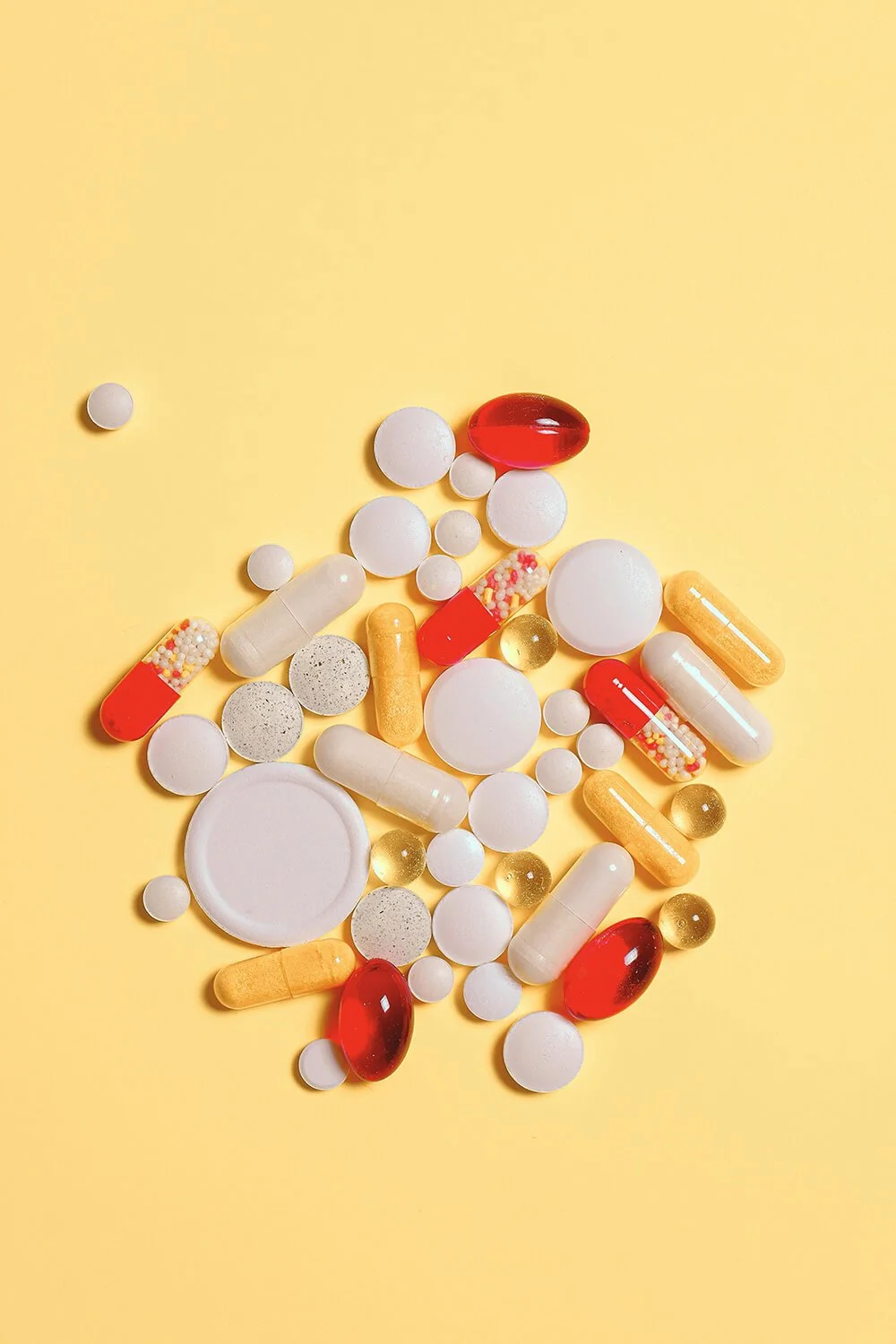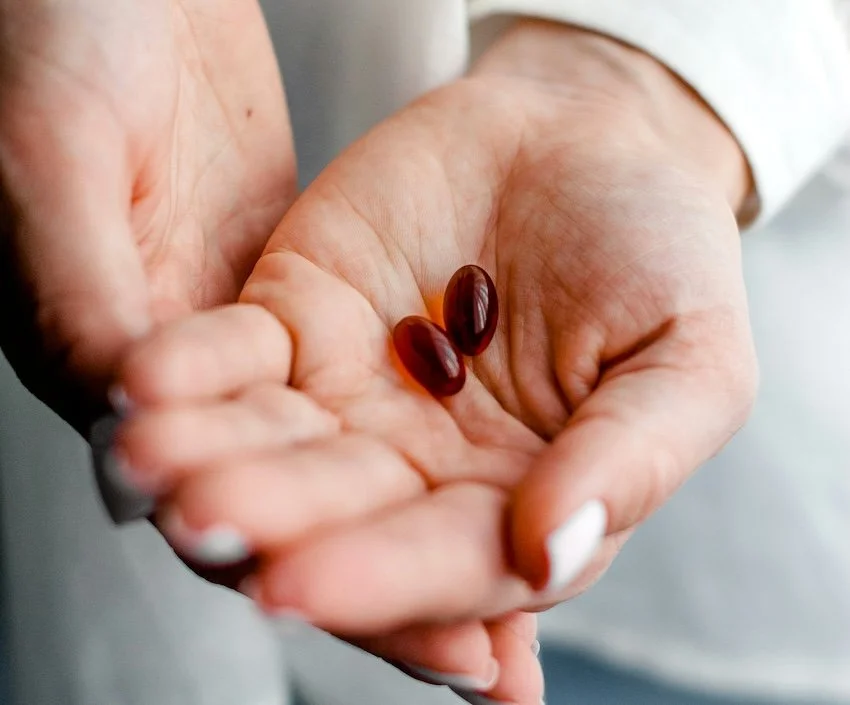
Hormone Therapy
About hormone-targeted treatment.
Anti-androgen therapy refers to medications directed to counteract the effect of androgens (male sex hormones). Androgen, such as testosterone and dihydrotestosterone, stimulate oil glands, promoting acne.
These treatments are suitable for some females, but are not an option for skin problems in men.
How do they work?
This oral medication works to reduce acne by reducing the effect of hormonal stimulation of your oil glands.
Anti-androgens may work by:
Blocking androgen receptors or androgen production by the ovaries or adrenal glands
Reducing pituitary production of prolactin
Inhibition of 5-alpha reductase (this enzyme acts in the skin to increase dihydrotestosterone)
Reduce insulin resistance
How effective are they?
Anti-androgens can work very well to provide effective treatment of acne, particularly in patients where hormonal imbalances are contributing to their acne. Anti-androgens control, rather than cure acne. They can be particularly useful in patients who cannot take oral isotretinoin.
Where do you get them?
Oral anti-androgens are available with a valid prescription from pharmacies.
What can I expect during treatment?
These medications must be trialled for at least 4-6 months to fairly judge the improvement in your acne. Treatment is generally well tolerated, and can be ceased if you find it doesn’t suit you.
There are a number of anti-androgens:
At ACNE RX, we can provide treatment that is carefully managed by a specialist to minimise any side effects.
Treatment is personalised and begins with a gentle approach to assess your tolerance and the medication's effectiveness.
Monthly review is provided during treatment, to provide guidance, support, safety monitoring, and individualised therapy, tailored particularly to you and your skin.
Ready for clear skin? Book an online consultation for a personalised treatment plan.
Adverse reactions and FAQ
-
Spironolactone is taken orally, once daily. It can be best to take this in the morning, given the medication’s diuretic effect. Passing urine more often may be less annoying during the day than in the evening.
Your Acne Rx treating team will prescribe a gentle starting dose, and increase this gradually, based on tolerability and side effects.
-
Spironolactone is generally well tolerated. Side effects may include:
Increased urination - spironolactone is a diuretic, resulting in increased urination. This effect is often only noticeable for the first few weeks of treatment.
Low blood pressure - spironolactone can reduce blood pressure, particularly noticeable with dizziness of lightheadedness when you stand up.
Fatigue, muscle aches and pains, and abdominal upset are less common but possible side effects.
Irregular menses/bleeding - irregular uterine bleeding and spotting can be a hassle to premenopausal patients. It is usually avoided by taking spironolactone in conjunction with a combined oral contraceptive pill (COCP).
Low potassium - spironolactone may lower potassium levels, due to its diuretic effect. This is very rarely a concern, particularly in generally healthy patients.
Breast pain and breast enlargement may occur in female patients receiving spironolactone.
-
Spironolactone is NOT safe in pregnancy, as it blocks normal development of an unborn male baby.





